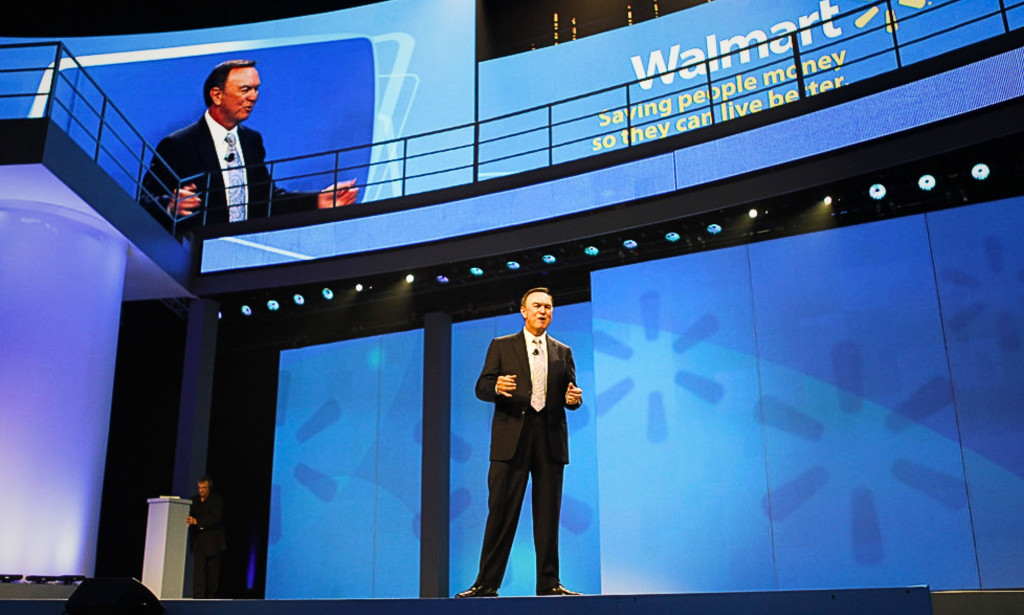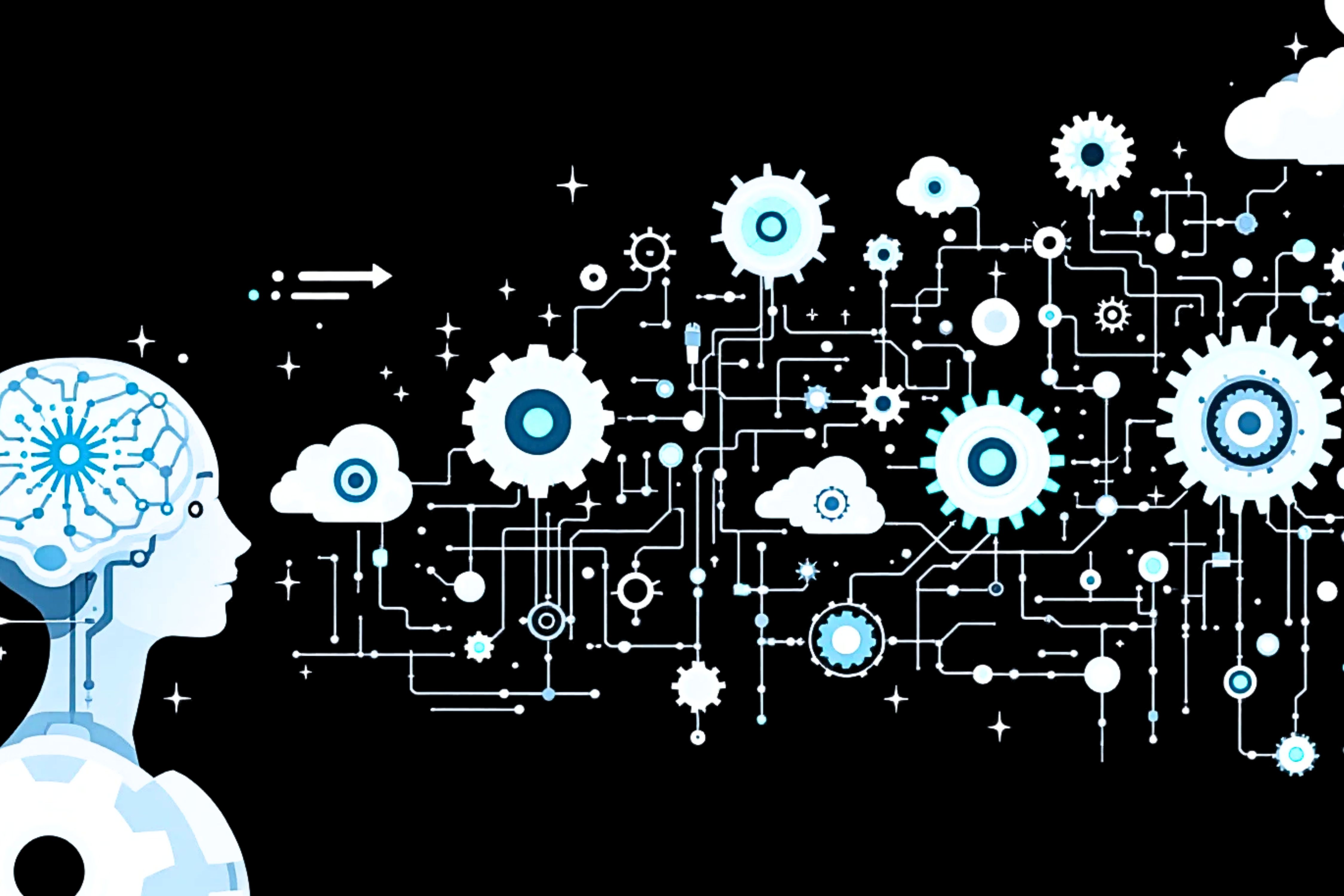Artificial Intelligence (AI) is not just a futuristic idea anymore, it is leading changes in the way leaders are managing talents and the global labor market. The top executives are quite talking about it and they say that AI is changing the way we work and also the way they manage.
CEOs Admit AI Will Transform Every Job

A few days ago, Doug McMillon, Walmart CEO, said that AI will be the game-changer for "literally every job." In the same vein, industry leaders reckon that the use of automation and MI is already leading to the change of workflows in the sectors with a lot of data management and routine fictions. Moreover, they are compelled to rethink their workforce planning and allocation of funds.
Entry-Level Roles Face the Biggest Impact
The analysts are conveying the message that entry-level white-collar positions are highly exposed to the risk of being eliminated. Besides, as a result of the technology, the efforts of the human resources, compliance, and operations departments are simplified in a way that they can be executed automatically. The consulting firm Accenture, for which the digital and AI-related positions have become the main target, has already reconfigured its hiring pattern. On the other hand, like IBM, some companies have removed the HR departments that are less efficient to install the ones that are tech-focused. Professions that were once common are gradually disappearing while at the same time, the sectors of AI trainers, model auditors, and prompt engineers are getting bigger and bigger.
The Leadership Role Is Changing
CEO's are also thinking about their own positions and how these might change in the future. In fact, the results of a survey show that almost 50% of the global CEOs suggest that in the end, AI will take over most of their jobs. However, a lot of executives instead of opposing the changes, they decide to rebrand themselves as "AI strategists." The leader of the present has to execute a difficult balancing act between advanced technology adoption, ethical decision-making, and risk management - areas where the human judgment is still needed.
Reskilling and Talent Strategy are the focus of attention
In order to maintain their edge in the market, companies are pouring a lot of money into reskilling programs. Higher-order skills like critical thinking, creativity, and collaboration are being cultivated among employees. Those who incorporate the use of AI in their lives are already reaping benefits such as the rise of their wages and career opportunities. In addition to this, CEOs are changing the criteria they use in hiring to concentrate more on the ability of the person to adapt and solve problems rather than on the accomplishment of routine tasks.
The Road Ahead
The impact of AI on the labor market is greater and faster than with previous technological changes. Though there will be disruptions in the short term, there will be ample opportunities in the long run for both workers and leaders who are able to adjust. The CEOs that will be successful in this new era are those that make the most use of AI for the carrying out of routine tasks but at the same time, bring out the human qualities—vision, empathy, and ethics—that are not replaceable by machines.




You must be logged in to post a comment.